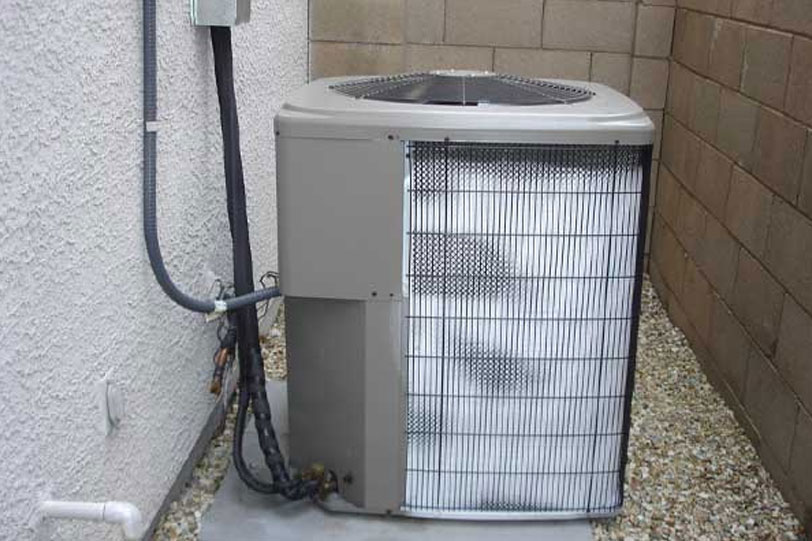Need an Electrician, Plumbing Or HVAC Technician? Call Fante’s Home Services At 1-609-445-2939 Or Click To Contact Us Online.
- Heating
- Cooling
- Plumbing
- Indoor Air Quality
- Electrical
- Specials
- About
- Contact
Service 7 Days Per Week!

Ice on your HVAC system in the middle of summer is a strange issue. Don’t worry, it’s actually more common than you might think. Very cold refrigerant coils and moisture in the air can lead to ice formation. As a homeowner, maintaining a comfortable, temperature-controlled home is essential, especially during the hot summer months. A frozen air conditioner is more than an inconvenience, it’s a serious issue that needs prompt attention. Running your AC more frequently and at lower temperatures during summer increases the likelihood of it freezing up. If you see visible ice on your unit you should know how to fix a frozen air conditioner.
Aside from visible ice on any part of your HVAC unit, a lack of cool air is a clear sign of a frozen AC. If you feel warm air coming from your supply vents, ice is likely forming somewhere in the system. You might also hear a hissing sound from the unit. If so, take immediate steps to prevent further damage. Your wallet will thank you.
Your air conditioner might take from an hour to more than a day to completely defrost. It’s crucial to address it early to prevent further damage and minimize the time without cool air. Follow this step-by-step defrosting guide:
Yes, you can pour hot water on a frozen air conditioner to melt the ice faster. Even warm or running water will help thaw the ice.
Prevention is better than cure. Here are some steps to prevent a frozen air conditioner:
Keep your unit in top shape throughout the summer with regular preventative maintenance and inspections. This can help catch issues early and prevent your air conditioner, and your wallet, from freezing up. If you still have AC problems and you live in New Jersey, call 1-609-445-2939 or contact us today to have a technician come fix your air conditioner, or if you’re still questioning, “How do you fix a frozen air conditioner?”.